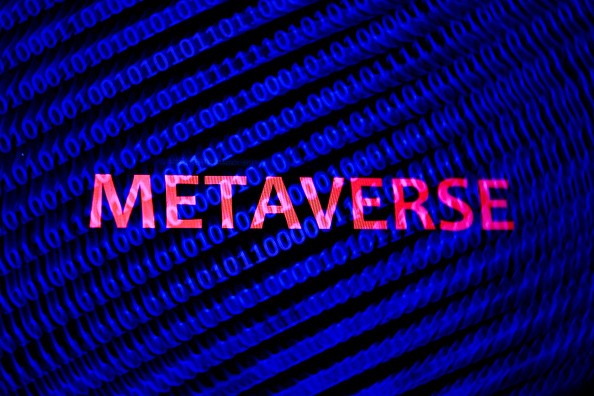"Metaverse" is likely this generation's biggest buzzword. The problem is, not a lot of people know what it actually means. What is it, really? And why should you care?

And since it's going to be one of the biggest tech trends of the decade, this article provides a tech explainer. You will know what the metaverse is all about, and whether it's going to be a massive part of our lives moving forward.
Metaverse 101
According to TIME Magazine, the term "metaverse" itself refers to a sort of community that exists primarily within the digital world. One interesting fact about it is that it's actually nothing new.
Ever since the dawn of the internet, people have been putting up online communities. They've existed since at least the 80s, eventually growing during the 90s with the likes of chat rooms and discussion boards discussing literally anyone or anything deemed of interest.

The modern idea of a metaverse, however, involves combining both the digital and physical realms into one entity. In other words, what you do in cyberspace can directly or indirectly affect real life.
The 'Modern' Metaverse
According to USAToday, a "real" metaverse is one that almost closely resembles what was imagined during the early days of science fiction. It incorporates the real world, where usage of tech such as virtual reality, augmented reality, holographic projections, and other forms of digital communication.
This already happens with the technologies you consume. Netflix, for example, will track the kinds of TV shows or movies that you like, then subsequently give you recommendations. Or the fact that you'd get targeted ads based on the things you search for while you're online shopping.

Other good examples include the massively popular multiplayer game "Fortnite." In games like that, you log on into a cyberspace where you connect with other people by playing against each other. To most people, online social connections are not that much different to physical interactions.
That's the basic premise of the modern metaverse.
Read also: Meta Isn't the Only Metaverse Focused Company | Introducing Pokemon Go Creator Niantic
How Big Tech Defines Metaverse
Facebook CEO Mark Zuckerberg is one of the most high-profile personalities engaging in the metaverse fad. He repeatedly expressed his company's desire to be one of the leaders in the field--even renaming his business empire Meta.
Zuckerberg defines the metaverse as some sort of "more immersive and embodied internet" that can allow people to do almost anything they can imagine, writes ArsTechnica.

Within the metaverse, he claims that people will be able to play, connect with people, shop, create, and even work. There are also ideas about the metaverse allowing people to own virtual property as if it is physical property, and sell/trade them if they see fit.
Is It a Good Idea?
Some people may say that making cyberspace and real life overlap is asking for trouble. And one of these people is former Google CEO Eric Schmidt.
Schmidt claims that the idea in itself is dangerous because it could use tech to entirely replace actual, human relationships. This could potentially threaten physical human interactions, if for some reason people would just choose to stay in the digital world rather than the real one.
Whether Schmidt's fears are grounded in reality, though, only time will tell.
This article is owned by Tech Times
Written by RJ Pierce
![Apple Watch Series 10 [GPS 42mm]](https://d.techtimes.com/en/full/453899/apple-watch-series-10-gps-42mm.jpg?w=184&h=103&f=9fb3c2ea2db928c663d1d2eadbcb3e52)



